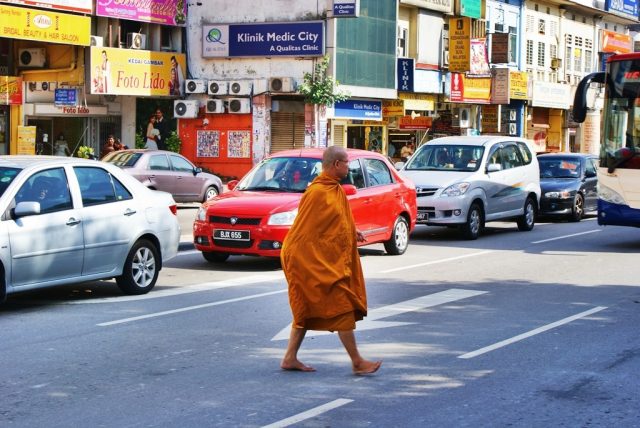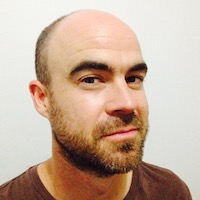
We’ve all heard the phrase, “Be the change you want to see in the world,” which may or may not have been said by Gandhi.
Who came up with it is not as important as what it actually means. It means that if we want to change the world, we first need to change ourselves. By changing ourselves, those around us will be affected, and our positive influence will have a ripple effect on society and the world at large.
To do this, we make shifts in the way we think and act. We buy fair trade products, we give up meat, we take up yoga, we practice mindfulness, we show kindness to all—but, some or all of these things are an effort. To make these changes requires vigilance and determination.
My first day as a vegan was mouth-wateringly desperate. Every time I went to the fridge to snack on something I was either confused about what I could eat or faced with the temptation to consume what was now “forbidden.” I had to keep at it with all my resolve.
In a nutshell, being the change means that we aim for a high ideal and do our best to live up to it.
When we don’t, this can lead to feelings of disappointment and even guilt—when, of course, we should have understanding and simply try again to live up to our own vision.
But the real trouble and misunderstanding comes when we start placing our own expectations on others. Because we are aiming at a higher state than we already have, and because this requires an awareness of a more ideal way of being and doing, we may find ourselves judging others for not living up to those standards.
When others throw recyclables into the generic trash, we cringe; when a friend drinks a soda full of sugar and chemicals, we disapprove; when someone says something cynical, we retort in “peaceful” disapproval.
But while we care about others, we cannot impose our own ideals onto them and expect them to live up to those standards. That’s not how we change the world.
What’s strange is when spirituality—the higher life—becomes our main objective, yet we demonize everyone and everything that is not “spiritual.” The ironic thing is that this very type of criticism contradicts the claim to a higher spiritual state. The higher life implies not just an inner vigilance to persevere in living our daily practices, it also implies a deep humility and compassion. Berating others for “letting the world down” is the opposite of humility and compassion.
What this all hinges on is the intersubjective nature of human existence. Yes, we are all here together on Earth but we all have our own subjective dimension that we inhabit, a bubble of sorts. All these bubbles are attached to each other, but inside each is an individual with his or her own beliefs, wants, desires, and ideals.
We need to do our best. We need to lift the bar and challenge ourselves to be better people. We need to believe that our efforts at being better beings will have an effect on those around us. But, we also have to realize that we need to respect others’ space and their right to be who they choose to be. And we should also not think that we are better than anyone else because we live a certain way, follow a certain diet, or believe in a particular ideology.
“Actions speak louder than words,” our grandparents said—and that means that being the change is a matter of action, not lip service. Telling others what to do can easily become judgmental, but leading by example is less imposing. This, however, must also be done with humility because even our actions can be tainted by pride and self-righteousness.
Be the change you want to see in the world. Aspire to a way of life and state of being that you believe is ideal. Dedicate your life each day with determination and drive so that you continually get closer to the life you want. But never feel let down by others if they don’t live the way you wish to—they have their own beliefs and goals and “world” to inhabit.
With time, the bubbles of intersubjectivity will organically infuse each other with the positive energies to transform the world. Actually, it’s already happening!
~
Author: Peter Gyulay
Image: Khalzuri Yazid/Flickr
Editor: Leah Sugerman










Read 1 comment and reply